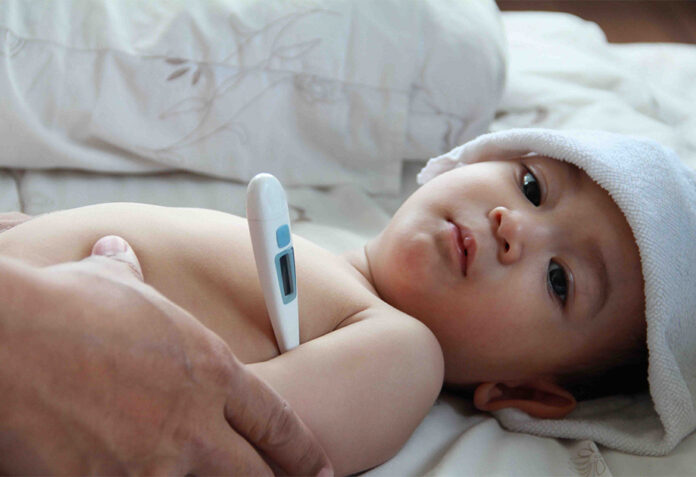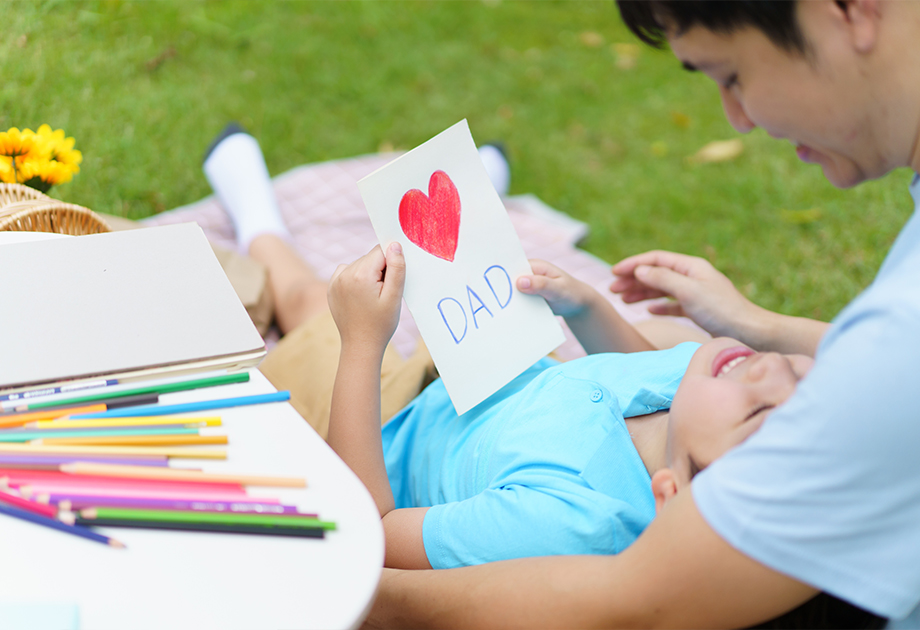Summer brings sunshine, outdoor play, and exciting adventures for toddlers. However, it can also present the challenge of managing fever in these little ones. We understand the concerns parents may have when their toddler experiences a fever during the summer months. In this article, we will explore the causes of toddler fever in the summer, common symptoms, home remedies, and when it may be necessary to seek medical assistance. Let’s dive in and learn how to manage toddler fever during summer effectively.
Causes of Toddler Fever During Summer
During the summer, toddlers are more susceptible to fever for various reasons. The most common cause is viral infections, such as the common cold, influenza, or hand-foot-mouth disease. These infections spread quickly in hot and humid weather, making toddlers more susceptible to fever. Excessive exposure to the sun and inadequate hydration can also contribute to fever in toddlers during the summer.
Common Symptoms and Diagnosis
Parents must recognize the signs of fever in their toddlers during the summer. Common symptoms include increased body temperature, flushed skin, irritability, loss of appetite, and decreased activity. If your child exhibits these symptoms, measuring their body temperature accurately using a reliable thermometer is essential. Rectal thermometers are considered the most accurate for toddlers. If the body temperature reads 100.4°F (38°C) or higher, it is generally considered a fever.
Home Remedies to Manage Toddler Fever During the Summer
When managing fever in toddlers at home, several simple remedies can help alleviate their discomfort and stabilize their temperature.
- Cooling Techniques
You can try various cooling techniques to reduce your toddler’s body temperature. Give them a lukewarm bath or gently wipe their body with a sponge soaked in lukewarm water. Dress your child in lightweight and breathable clothing to facilitate heat dissipation. Keep the room well-ventilated and use a fan or air conditioner to maintain a comfortable temperature.
- Keep Your Toddler Hydrated
Proper hydration is crucial to preventing dehydration, especially when your child has a fever. Encourage them to drink fluids frequently, including water, coconut water, and homemade fruit juices. Offer popsicles or frozen fruit slices as a refreshing treat to keep them hydrated and cool.
- Create a Comfortable Environment
Ensure that the room where your toddler rests is cool, well-ventilated, and free from excessive noise, especially during the summer. Use light bedding and clothing to keep them comfortable. Place a cool, damp washcloth on their forehead or neck to provide additional relief.
- Monitor Your Toddler’s Temperature
Regularly check your toddler’s temperature using a reliable thermometer. If necessary, maintain a record of the temperature readings to share with your pediatrician. Avoid waking your child to check their temperature; quality rest is essential for their recovery.
- Specific Nutrition Requirements
During a fever, providing adequate nutrition to support your toddler’s recovery is essential. Offer them small, frequent meals consisting of easily digestible foods like soups, yogurt, fruits, and vegetables. Encouraging hydration by giving them water, diluted fruit juices, or oral rehydration solutions is also crucial.
Over-the-Counter Medications in India
In India, there are over-the-counter medications available specifically formulated for children. However, it is crucial to consult with a pharmacist or pediatrician to ensure the appropriate dosage and safety of the medicine. Acetaminophen and ibuprofen are commonly used to relieve fever in children but should be given under professional guidance.
When to Seek Medical Assistance
While most toddler fevers during the summer are due to minor viral infections and are treatable at home, there are some circumstances where seeing a doctor is necessary.
Children age 0 to 3 months: Rectal temperature is 100.4°F (38°C) or higher.
Children ages 3 to 6 months: Rectal temperature is above 102°F (39°C), and they’re irritable or sleepy.
Children ages 6 to 24 months: Rectal temperature is above 102°F (39°C) and lasts more than a day. You may want to call sooner if they have other symptoms, such as a rash, cough, or diarrhea.
For children two and older, call their doctor if they have a fever that repeatedly rises above 104°F (40°C). Also, seek medical advice if your child has a fever and:
They seem unusually lethargic and irritable or have other severe symptoms of fever
- The fever lasts longer than three days
- The fever doesn’t respond to medication.
- They don’t maintain eye contact with you.
- They can’t keep fluids down.
Managing a toddler’s fever during the summer requires a combination of home remedies, attentive care, and knowing when to seek professional assistance. Parents can effectively alleviate their child’s discomfort by implementing cooling techniques, providing appropriate over-the-counter medications, and ensuring proper nutrition and hydration. However, it’s essential to closely monitor the child’s temperature and consult a physician when necessary. Remember, early intervention and proactive management can contribute to a swift recovery and ensure your toddler enjoys a fun-filled summer.




